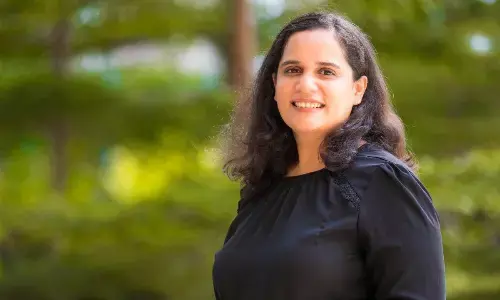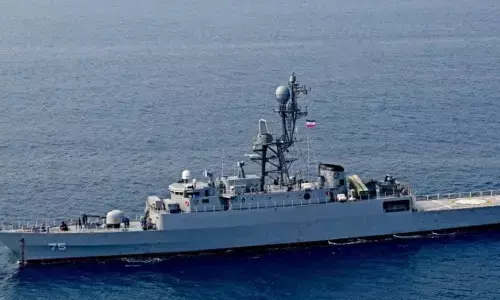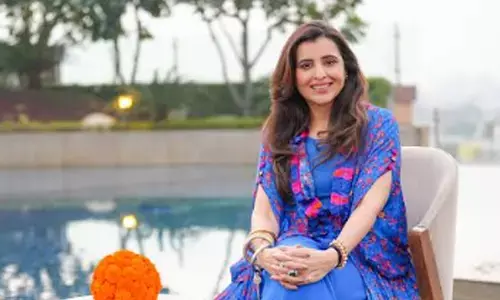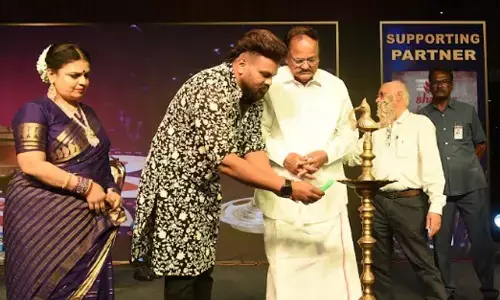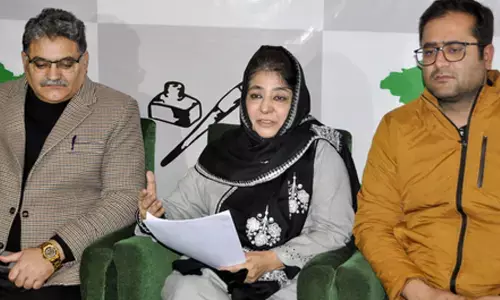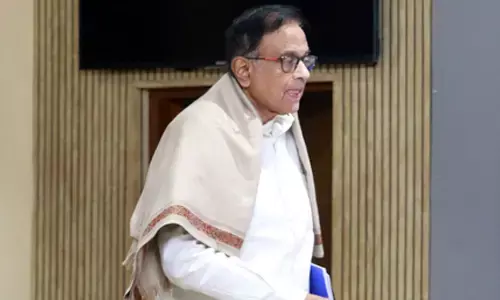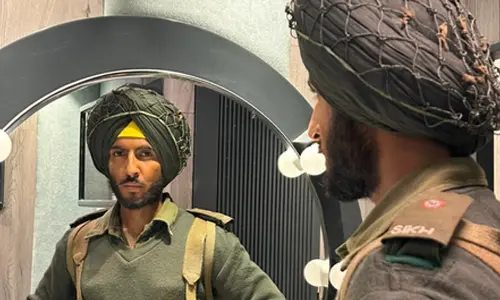Durgabai Deshmukh-the Iron lady
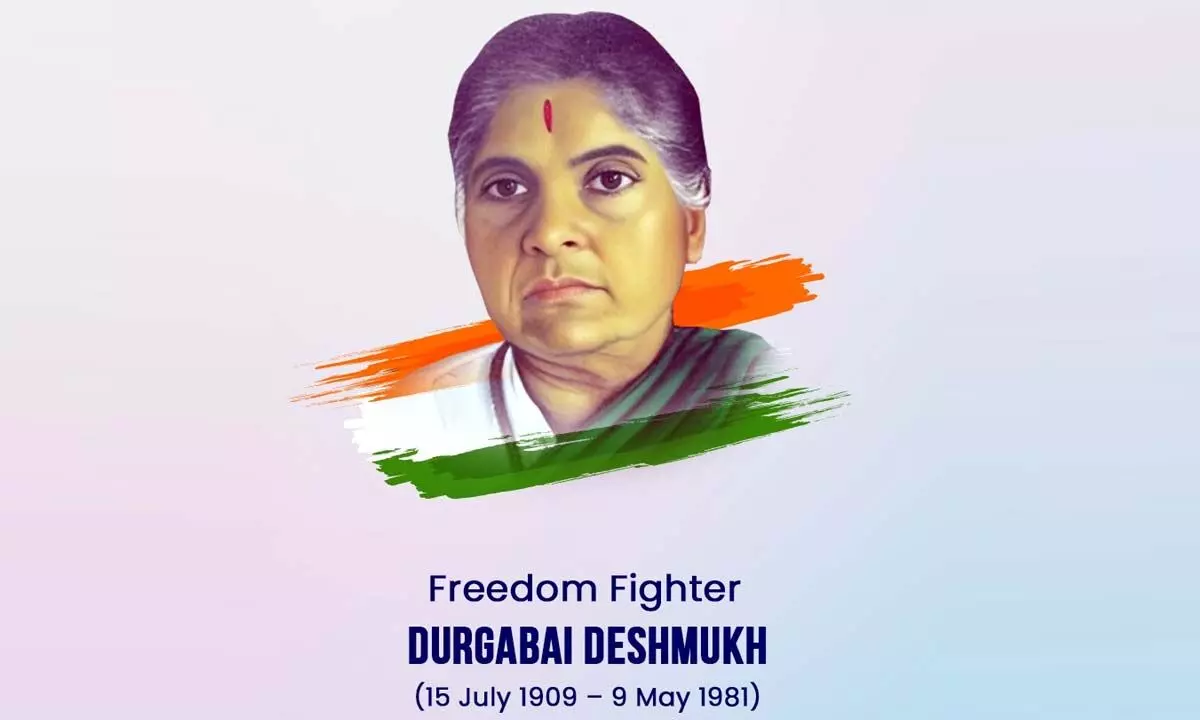
In May 1930, she participated in Salt Satyagraha in Madras and was imprisoned in 1930 and 1932.
G. Durgabai was born on 15th July 1909, in Rajahmundry, Kakinada. She was involved in the Indian freedom movement from a very young age: at 12, she quit school to protest the imposition of English as the medium of education. At the age of 14, she volunteered at a conference held by the Indian National Congress in Kakinada.
In May 1930, she participated in Salt Satyagraha in Madras and was imprisoned in 1930 and 1932. In prison, she studied English and completed her M.A. from Andhra University. She went on to study law from Madras University and practised at the Madras Bar for a few years.
In 1936, she established Andhra Mahila Sabha to coach young Telugu girls in Madras for their Matriculation examination conducted by the Banaras Hindu University. Durgabai founded and edited a Telugu journal called Andhra Mahila.
Durgabai was elected to the Constituent Assembly from Madras Province. She made several key interventions on issues that include the national language, judicial independence and human trafficking.
After independence, she was a part of key national organizations like the Central Social Welfare Board, and the National Council for Women’s Education. She was also a member of the Planning Commission. In 1958, she headed the National Committee on Girls’ and Women’s Education.
Durgabai was awarded the Nehru Literary Award in 1971 for her contribution to the promotion of literacy in India. She was awarded the Padma Vibhushan in 1975. The Central Social Welfare Board instituted a yearly award in her name to recognize voluntary organisations for outstanding contribution to women's welfare and empowerment.
She passed away on 9th May 1981.



